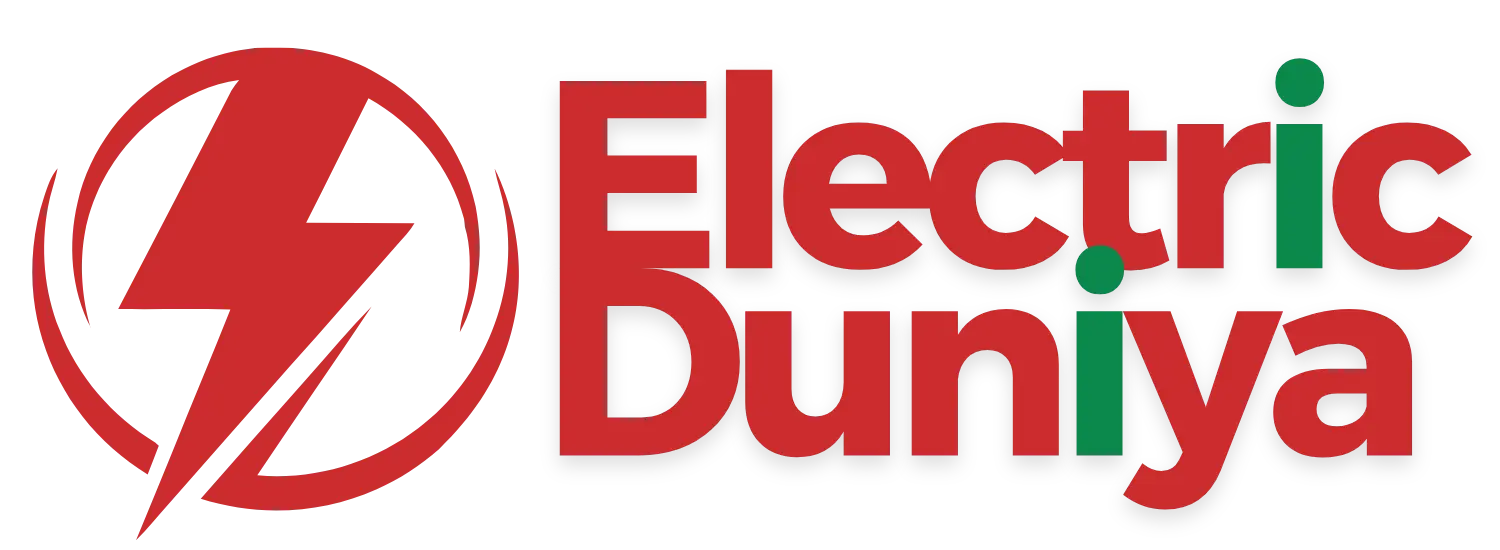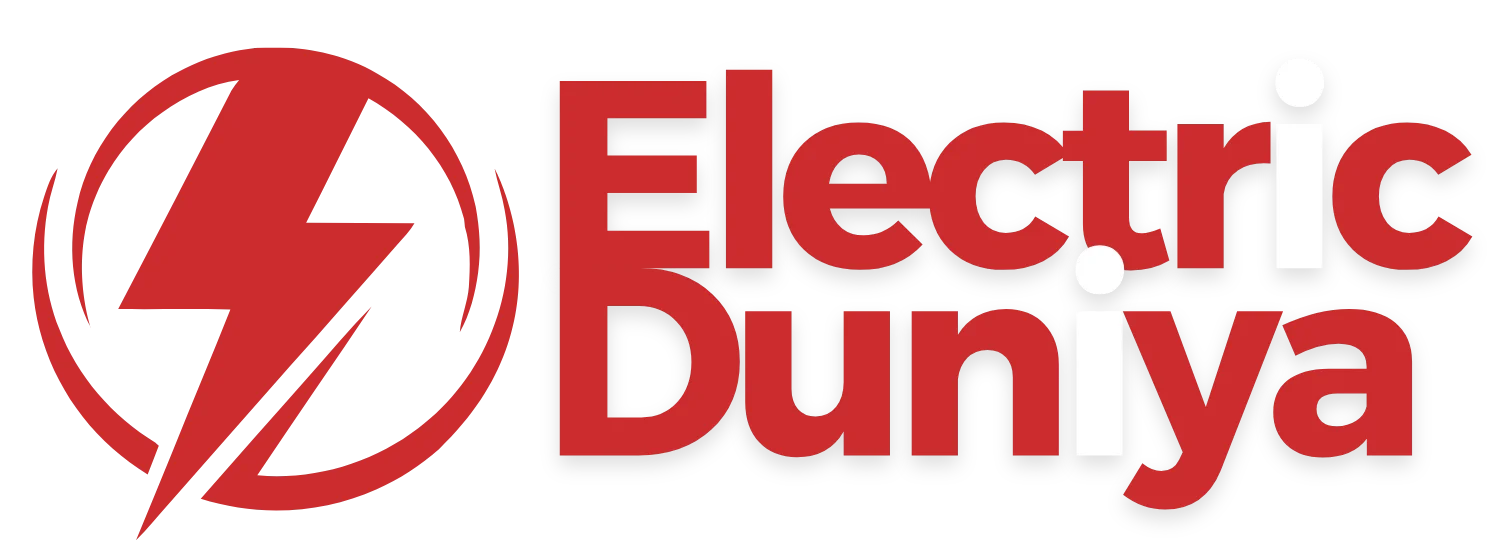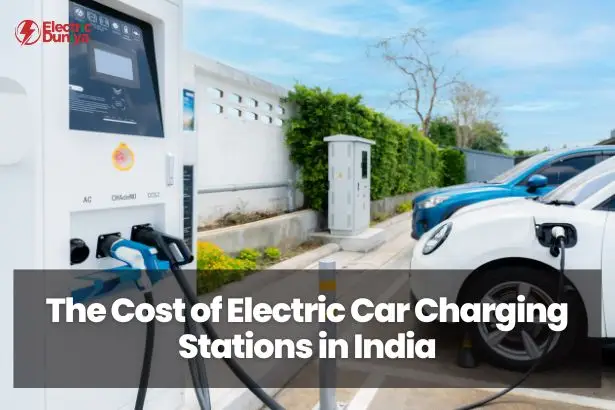The Indian electric vehicle (EV) market is growing quickly. EV sales are increasing every day. As more people buy EVs, we need more charging stations to support them.
This blog post will look at the costs, rules, and important things to know about setting up EV stations for charging in India, especially in addressing range anxiety among potential users.
Costs Based on Types of EV Charging Stations
Setting up an EV charging station involves various costs, which depend on the type of charging equipment and infrastructure.
| Type | Description | Cost Estimate (INR) |
|---|---|---|
| Level 1 | Basic charging using a standard outlet; ideal for home use. | ₹20,000 – ₹1,00,000 |
| Level 2 | Faster charging using a 240V supply; suitable for homes and public spaces. | ₹50,000 – ₹1,00,000 |
| DC Fast Charger | Ultra-fast charging; ideal for commercial use in high-traffic areas. | ₹1,00,000 – ₹5,00,000+ |
- AC charging stations, such as Level 1 and Level 2, are more cost-effective and often preferred for residential or small-scale installations.
- DC fast chargers are pricier but suitable for commercial locations with high demand.
What is the Cost of Setup an EV Charging Station?
Establishing an EV charging station requires more than just purchasing the charging equipment. Here’s a detailed breakdown of associated costs:
| Cost Component | Description | Estimated Cost Range (INR) |
|---|---|---|
| EV Charger | Varies by type (AC/DC), power (kW), and brand. | ₹15,000 – ₹5,00,000 |
| Installation Costs | Site preparation, electrical work, charger mounting, and safety features. | ₹50,000 – ₹2,00,000 |
| Grid Connection | Includes upgrades or new connections for sufficient power supply. | ₹1,00,000 – ₹10,00,000 |
| Civil Works | Covers foundation, shelter, signage, and landscaping. | ₹50,000 – ₹2,00,000 |
| Software Systems | Charging management software, payment integration, and connectivity. | ₹50,000 – ₹2,00,000 |
Additional expenses include:
- Electricity connection fees: ₹5 lakh to ₹10 lakh
- Operational costs: Manpower, advertising, and land leases (varies by location)
Operational Expenses and Maintenance
Managing an EV charging station involves various operational expenses and maintenance costs that can significantly affect overall profitability. Here’s a breakdown of the key components:
- Electricity Costs
- Electricity is the largest operational expense, with rates in India ranging from ₹5 to ₹15 per kWh. This variability can greatly influence the cost of electric car charging stations.
- Fast DC chargers typically incur higher demand charges compared to Level 1 and Level 2 chargers due to their power requirements.
- Staffing Costs
- Depending on the scale of operations, staffing may be necessary for customer service, maintenance, and overall management of the charging station, adding to annual costs.
- Networking Fees
- If the charging station is part of a network, there may be additional fees for connectivity and usage data, which can impact the overall price of EV charging stations.
- Routine Maintenance
- Maintenance costs typically average between ₹30,000 to ₹50,000 annually for Level 1 and Level 2 chargers.
- For Level 3 (DC fast) chargers, these costs can be nearly double due to their complexity and higher usage demands.
EV Charging Station Franchise Costs
The franchise model makes it easier to start a business in the EV charging station market. Companies such as Tata Power and Statiq, along with new players like Charzer and Fortum India, offer franchise opportunities that include charging facilities.
They help lessen the challenges of starting your charging station. These companies provide complete packages that include equipment, installation, software, branding, and ongoing support.
Franchise fees go from ₹ 1 lakh to ₹ 2.5 lakh. Different providers have various types of charging stations and business models. Many new businesses in this quick-changing market even do not charge franchise fees to draw in new owners.
This gives a budget-friendly chance for people who want to become charging station owners. It is important to research and compare franchise options. This way, you can find the best partnership that fits your budget, location, and goals.
How to Setup an Electric Car Charging Station?
Starting the process of creating an EV electric charging station involves two important steps. First, you need to find good locations partnered with EV manufacturers through mobile apps. This will help make sure the station is used by many people.
The second step is to get the right permits. This is important to follow the rules and make sure everything goes smoothly. Taking time to think through these first steps is key for a charging station that works well and makes money.
Identifying Locations for EV Charging Stations
The success of a business relies a lot on where it is located, and EV charging stations are no different. It is very important to choose a strategic location with high visibility that is easy for EV drivers to see and access.
Good spots include shopping malls, where EV owners can charge their cars at a charging point while they shop or eat.
Locations along highways are also great for travellers covering long distances. In cities with many EVs, it’s smart to focus on areas near offices, homes, and entertainment spots to keep customers coming.
Researching local EV use, traffic flows, and charge stations already in place is key to finding areas that need more service for EV users.
Working with nearby businesses can also help you use their locations and client bases to gain an edge.
Get the Permit from Goverment
Setting up an EV charging station in India involves following rules and getting the right permits from the Government of India and local authorities.
It is important to know the specific requirements and steps before starting. This way, you can avoid delays and make sure everything is done correctly.
The Ministry of Power and the Central Electricity Authority (CEA) have set rules for charging stations. These include technical details, safety requirements, and how to connect to the power grid.
Local Distribution Companies (Discoms) usually give permits for electricity connections. This may require inspections and approvals.
Talking to experts or experienced installers of EV charging stations can make getting permits easier. They can guide you and help ensure all rules are met.
Charging Technologies and Equipment
India’s EV charging options include different technologies and standards, including home charging. Each of these has its own compatibility and speed for charging.
It’s important to understand these factors, especially when considering vehicles like the Nissan Leaf. This helps you choose the right charging equipment for various EV models and their specific needs.
There are three main charging standards in India: CHAdeMO, CCS, and Bharat standards.
- CHAdeMO: This fast-charging standard comes from Japan. It is often used by Nissan and Mitsubishi cars. CHAdeMO can provide charging speeds of up to 50 kW.
- CCS (Combined Charging System): This standard is popular in Europe and North America. CCS allows both AC and DC charging. Brands like Hyundai, MG, and Kia use CCS connectors. They can charge up to 350 kW quickly.
- Bharat Standards: These standards are made for India. Bharat AC and DC standards serve many Indian EV models. They use different types of connectors and support charging speeds up to 100 kW.
It is important to set up charging stations with different types of connectors. This will help make them work with many EV models on Indian roads.
Factors Affecting EV Charging Station Costs
Many things can affect the costs of EV charging stations in India, aside from the starting price of the chargers. Land prices, especially in cities, can greatly increase the total setup cost.
Getting a new electricity connection or upgrading the existing one to support fast chargers also raises the initial investment.
New technologies in EV charging, like charge point operators, oil marketing companies, wireless charging, and battery swapping, offer better convenience and efficiency.
However, these technologies often cost more right now. As the EV charging industry grows, these advanced solutions may become more common, which could change costs in the future.
Final Thoughts
In conclusion, the cost of electric vehicle charging station public charging station car charging stations in India depends on several factors.
These include where the electric vehicle charging station is set up, how permits are obtained, what types of equipment are used, and the operational expenses involved.
It’s important to understand the capital costs and look at maintenance costs when considering the total investment needed.
Also, reviewing the various charging technologies available and assessing their infrastructure requirements, costs, and benefits can help you make better choices for your charging infrastructure.







